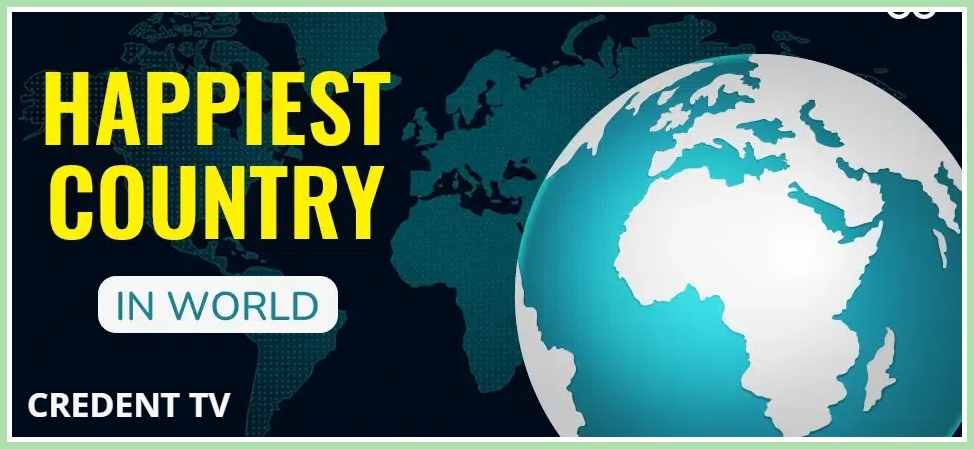HELSINKI
In 2024, These Are The Happiest Countries in the World
Published
1 month agoon

The United States and Germany, which came in 23rd and 24th place, respectively, were not among the top 20 happiest countries for the first time since the report’s publication more than ten years ago
Helsinki: According to the yearly UN-sponsored World Happiness Report, which was released on Wednesday, Finland has continued to be the happiest nation in the world for the past seven years. India remained at position 126 on the happiness rating from the previous year.
The Nordic nations maintained their rankings in the top ten happy locations, with Denmark, Iceland, and Sweden lagging behind Finland.
Afghanistan remained at the bottom of the 143 countries surveyed, wracked by a humanitarian crisis ever since the Taliban retook power in 2020.
The United States and Germany, which came in 23rd and 24th place, respectively, were not among the top 20 happiest countries for the first time since the report’s publication more than ten years ago.
Kuwait and Costa Rica, meanwhile, stormed into the top 20 at positions 12 and 13.
The world’s largest countries were no longer among the happiest countries, according to the research.
Read also:-
संवैधानिक शादी देखने हज़ारों लोग पहुँचे सिडियास
“The Netherlands and Australia are the only two nations in the top 10 with populations of more than 15 million. Only the UK and Canada have populations of more than 30 million out of the top 20.”
Afghanistan, Lebanon, and Jordan saw the worst declines in happiness between 2006 and 2010, while Serbia, Bulgaria, and Latvia saw the largest rises.
The self-assessed assessments of life satisfaction by individuals, along with GDP per capita, social support, healthy life expectancy, freedom, generosity, and corruption, are the basis for the happiness ranking.
– Increasing disparities
According to Jennifer De Paola, a happiness researcher at the University of Helsinki in Finland, two important factors in the happiness of Finns are their healthy work-life balance and strong ties to the natural world.
Furthermore, she added, Finns might have a “more attainable understanding of what a successful life is” in contrast to, say, the United States, where success is frequently associated with monetary gain.
Important factors were also the robust welfare state, public confidence in government, low levels of corruption, and free healthcare and education in Finland.
“Finnish society is permeated by a sense of trust, freedom, and high level of autonomy,” De Paola stated.
According to this year’s survey, in most parts of the world, but not all of them, younger generations are happier than their older counterparts.
Since 2006–2010, the happiness of those under 30 has significantly decreased in North America, Australia, and New Zealand, with older generations now experiencing greater happiness than younger ones.
In contrast, happiness rose significantly at all ages in Central and Eastern Europe during the same period, whereas happiness levels across the board were similar in Western Europe.
All regions saw an increase in happiness inequality, with the exception of Europe, which writers called a “worrying trend”.
The authors noted that the growth was particularly noticeable in Sub-Saharan Africa and among the elderly, and that it was a reflection of disparities in “income, education, health care, social acceptance, trust, and the presence of supportive social environments at the family, community, and national levels.”
You may like
-


YELLOW DAY CELEBRATION
-


Mukesh Khanna calls Zeenat Aman’s live-in relationship post “unacceptable” following Mumtaz and Saira Banu
-


Google and Samsung confirm their collaboration for ‘exciting’ AI-powered experiences
-


Three DAVians selected for Inspire Awards-Manak (I stage)
-


EARTH DAY CELEBRATION AT ST XAVIER’S SCHOOL NEVTA
-


WhatsApp Passkey Support is Available for iPhone Users: How to Set Up

